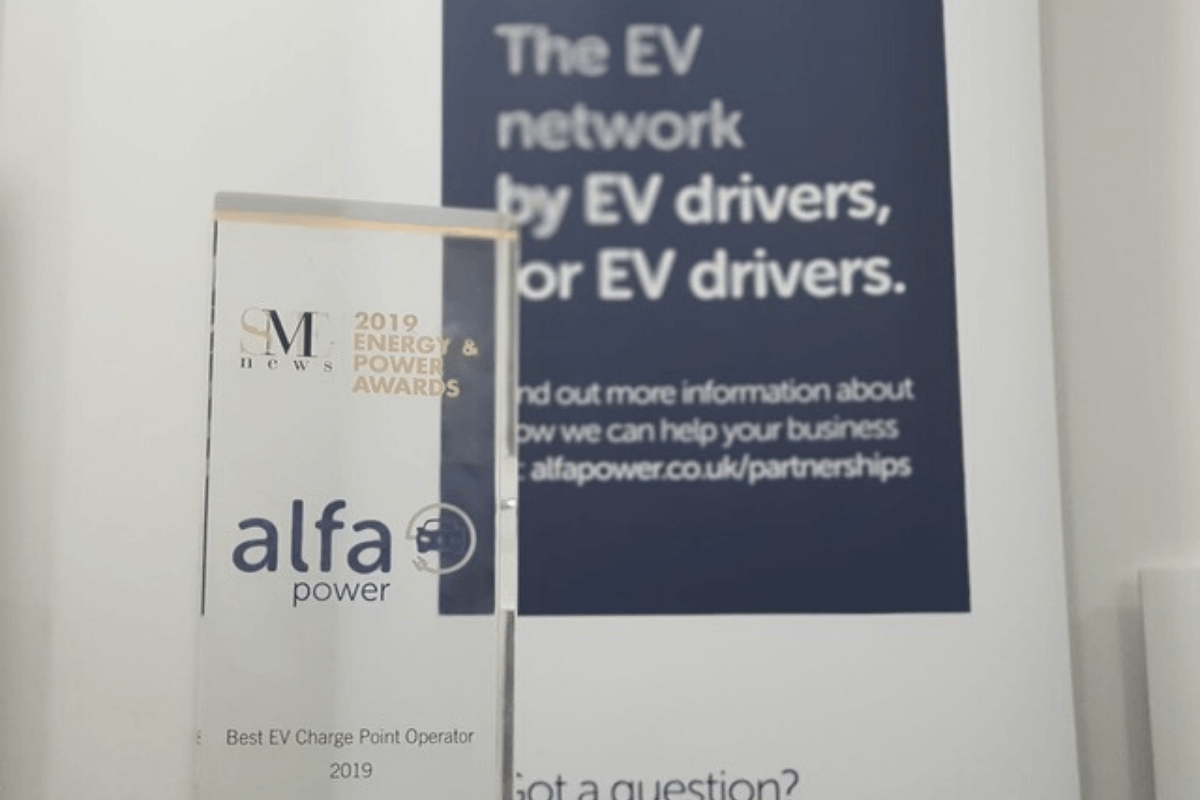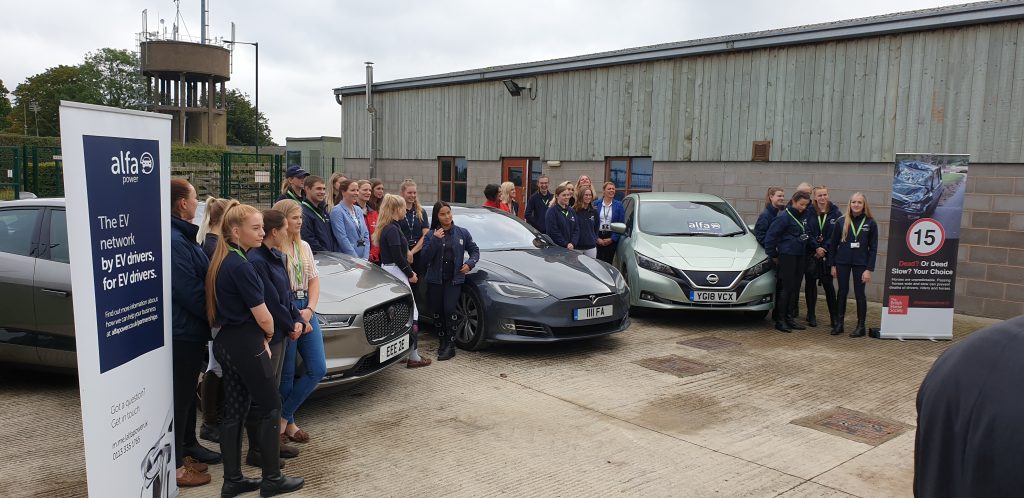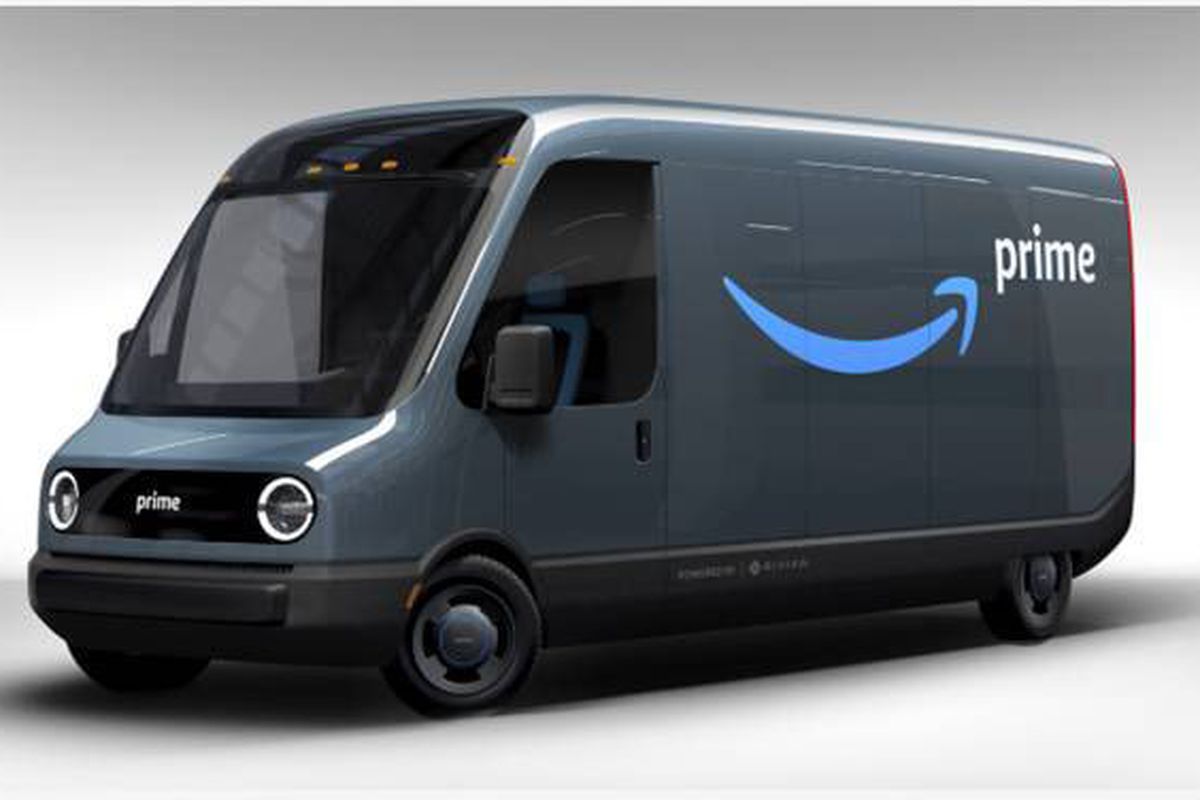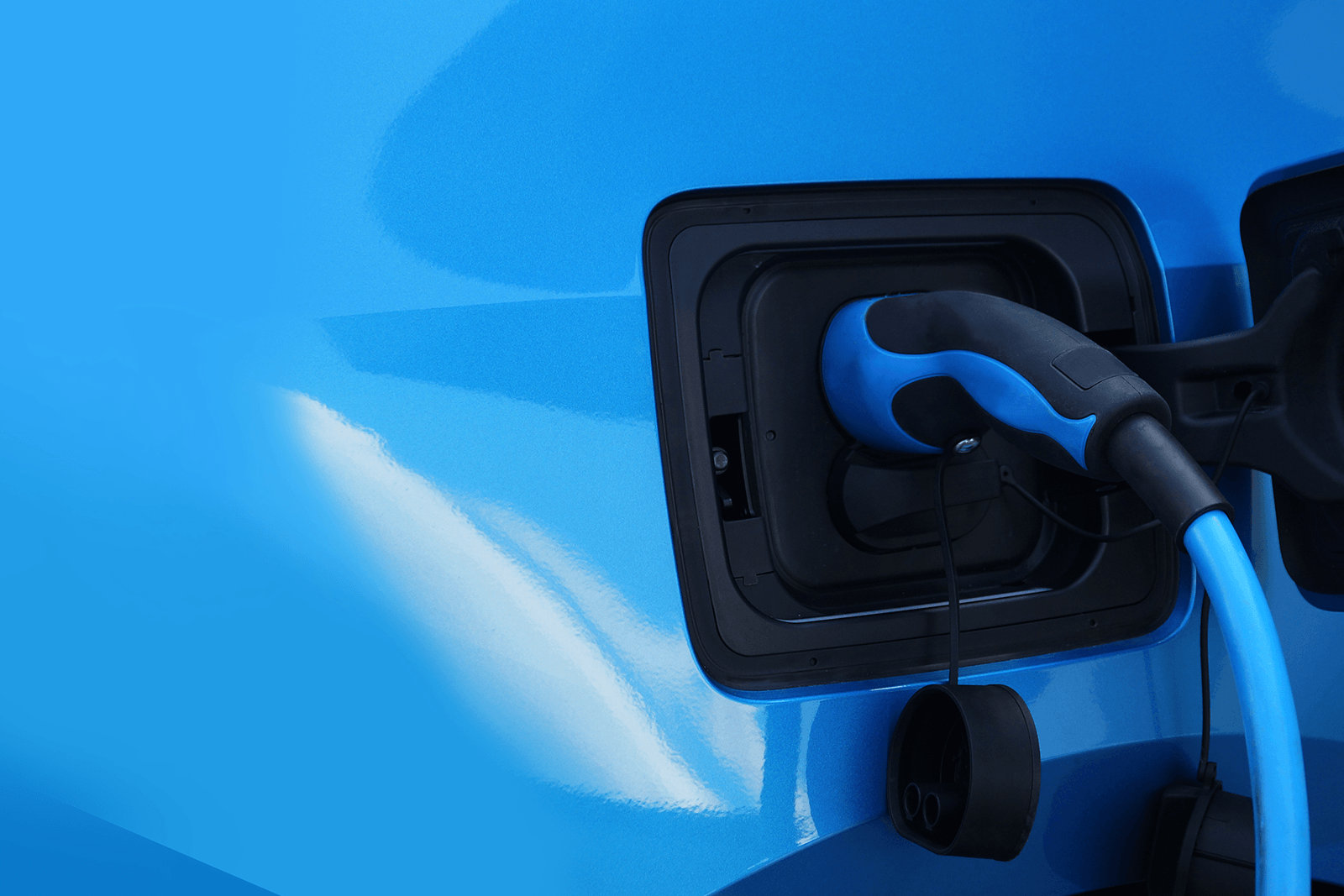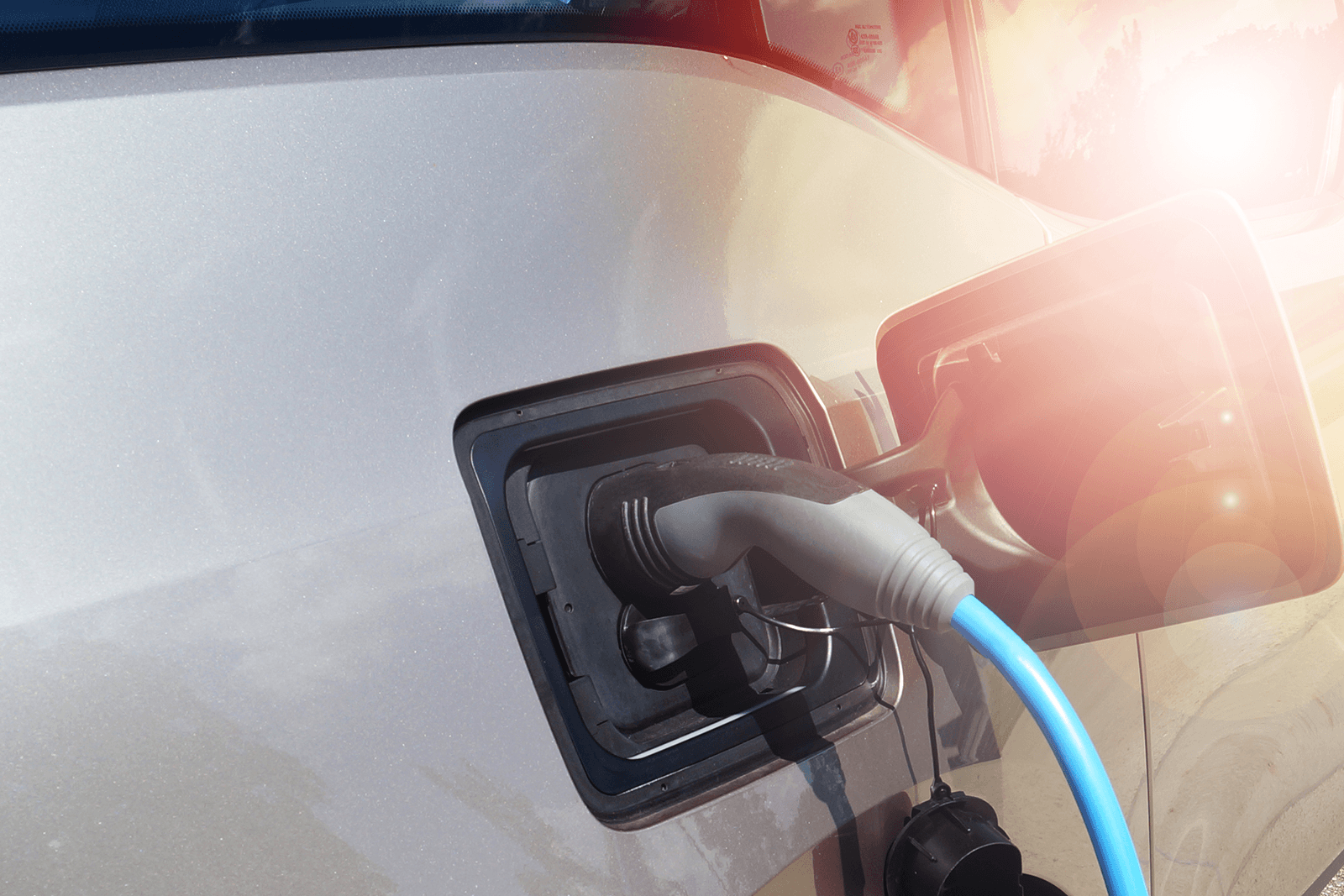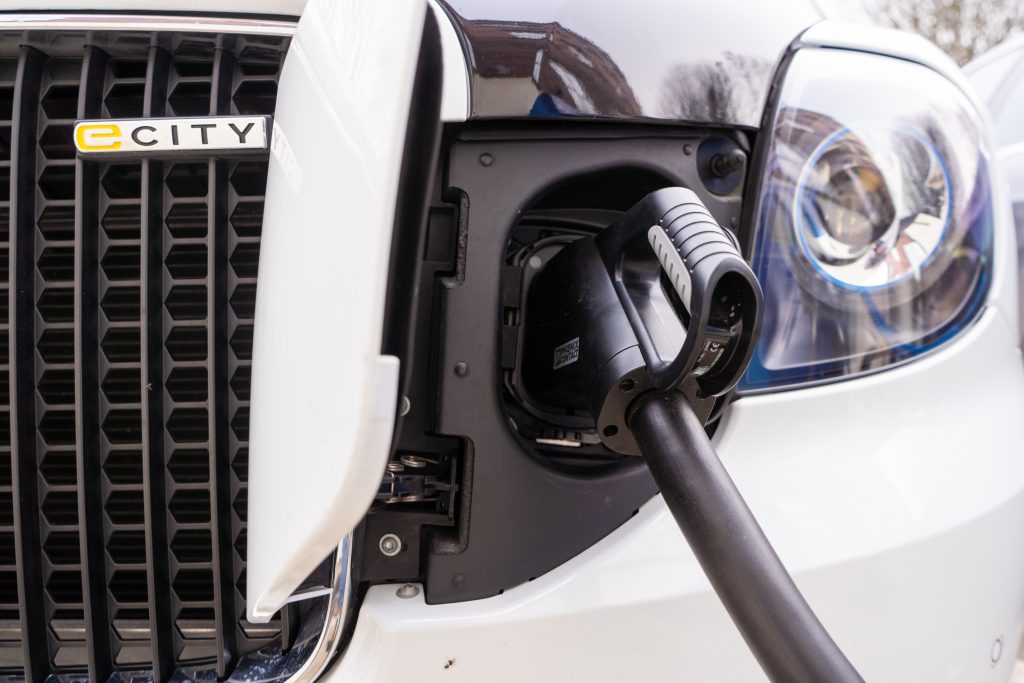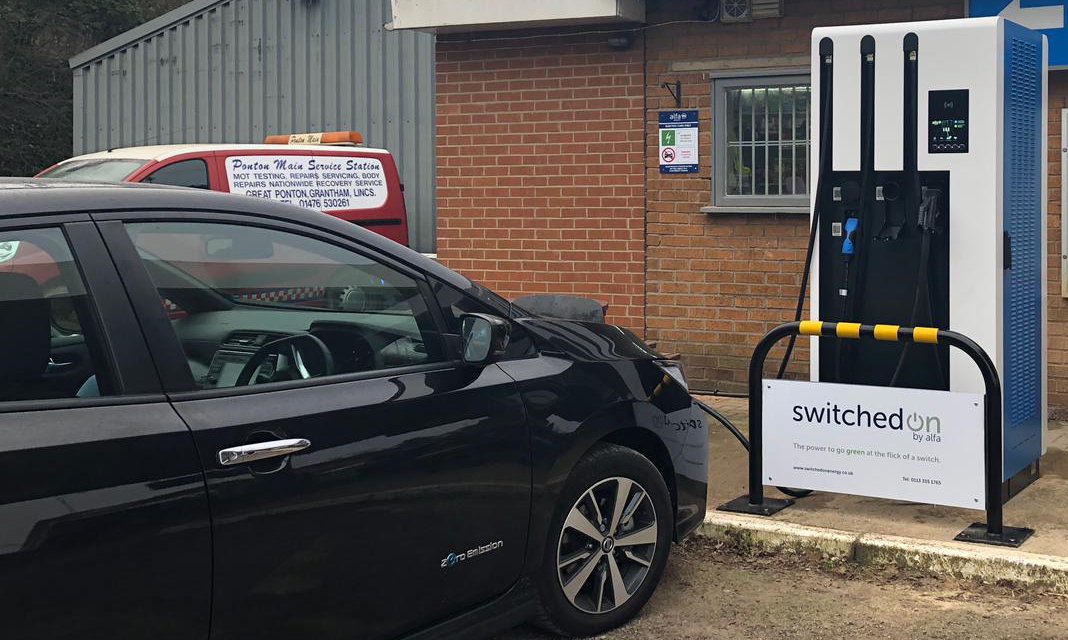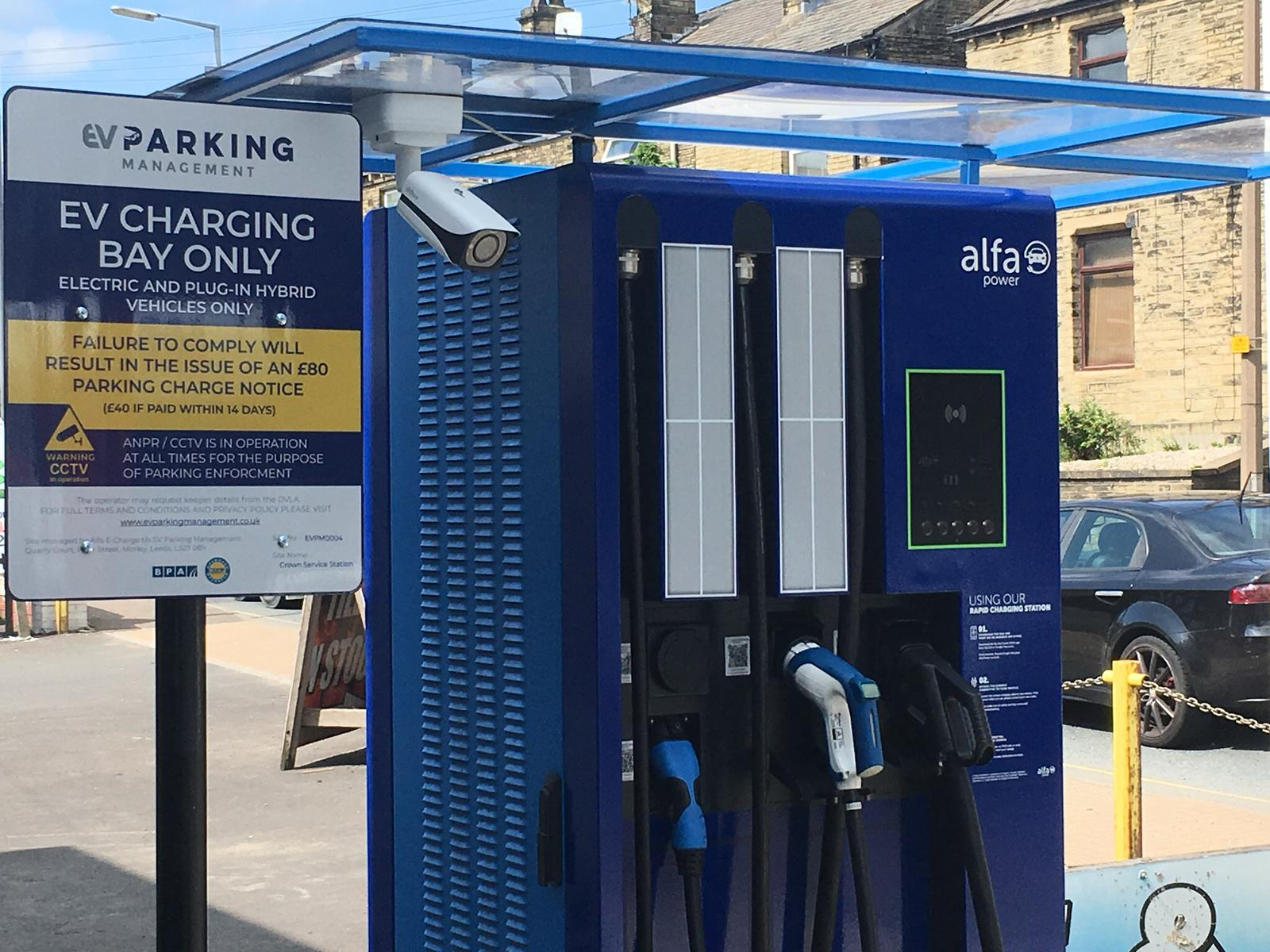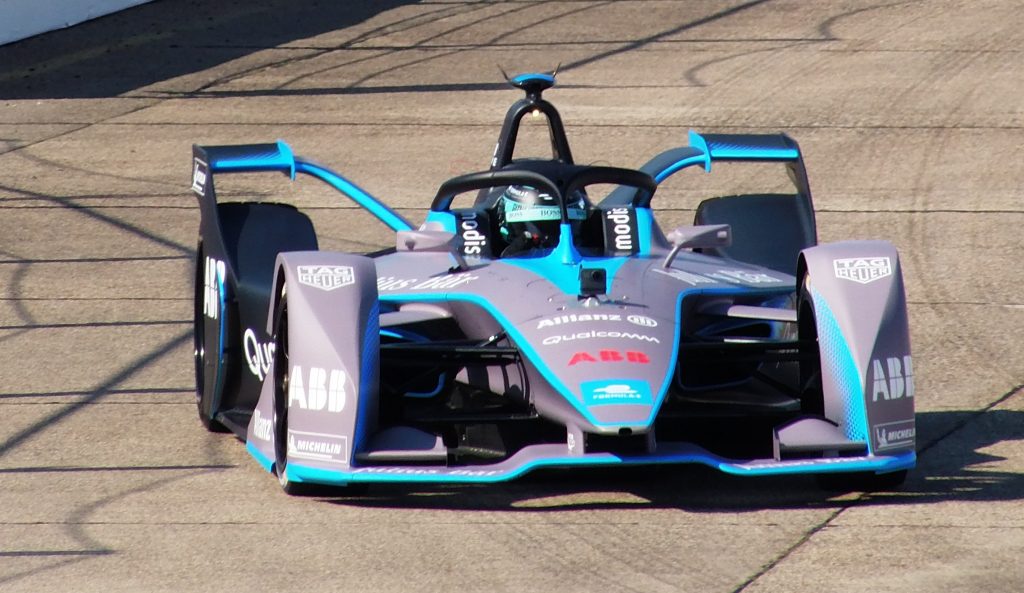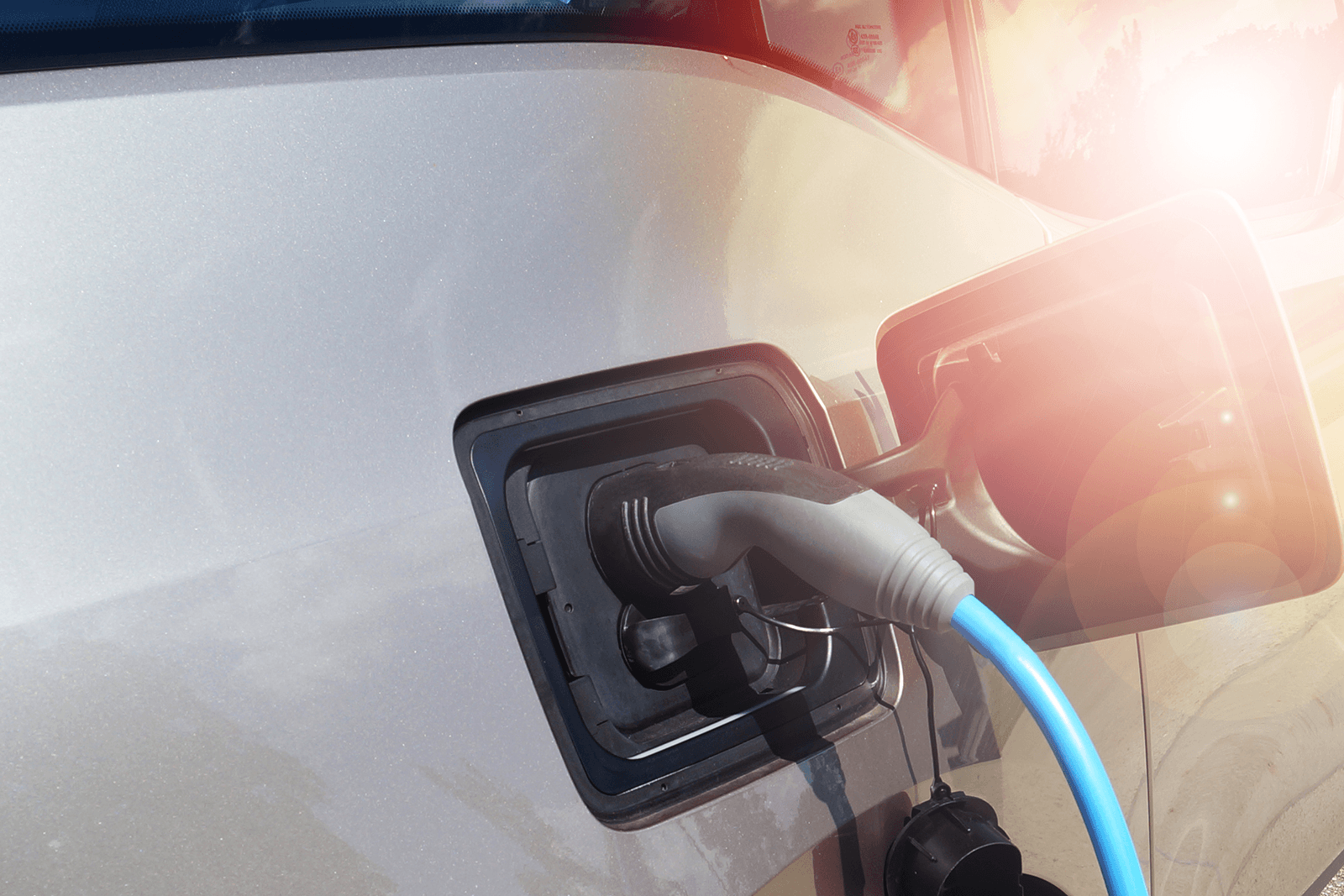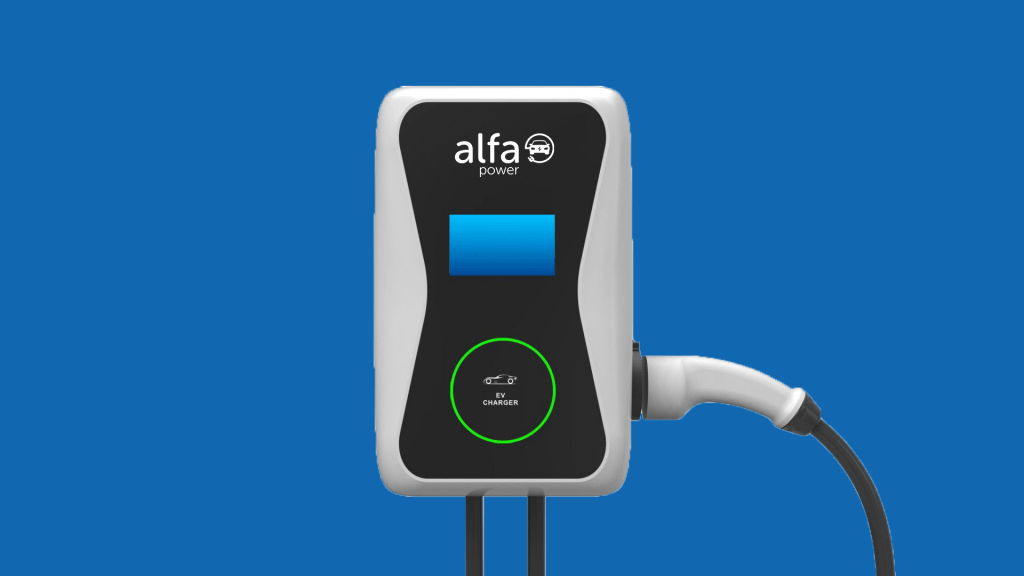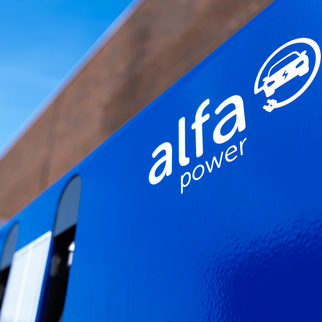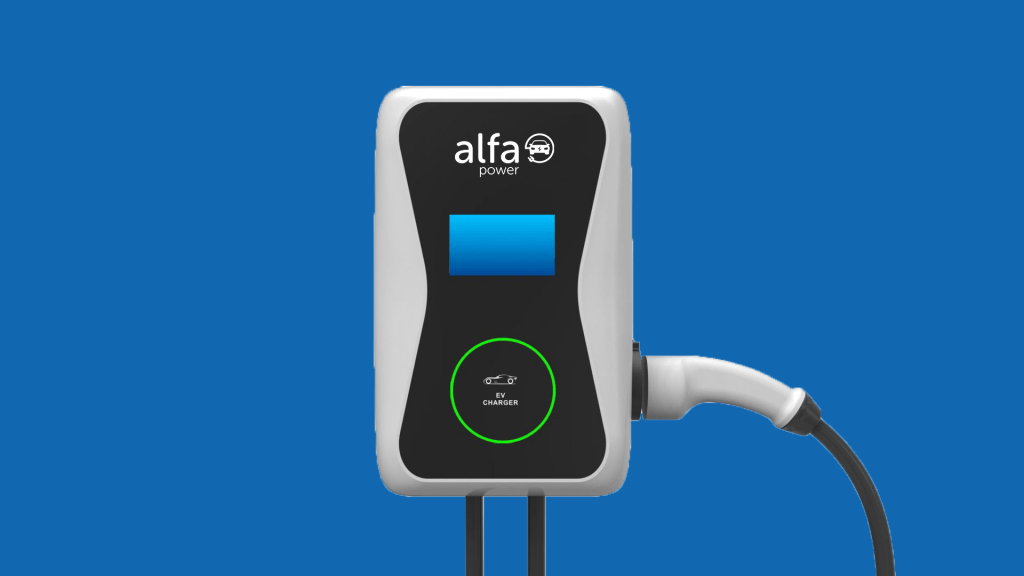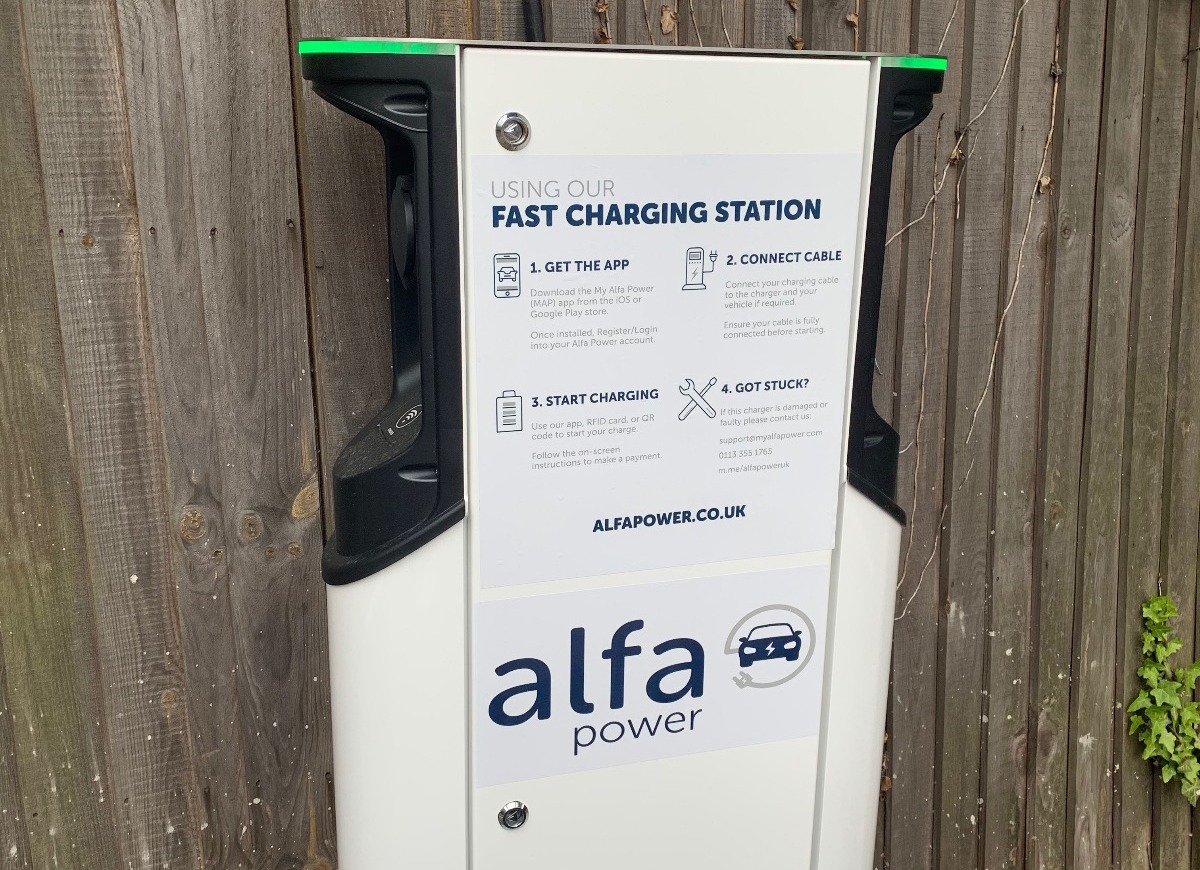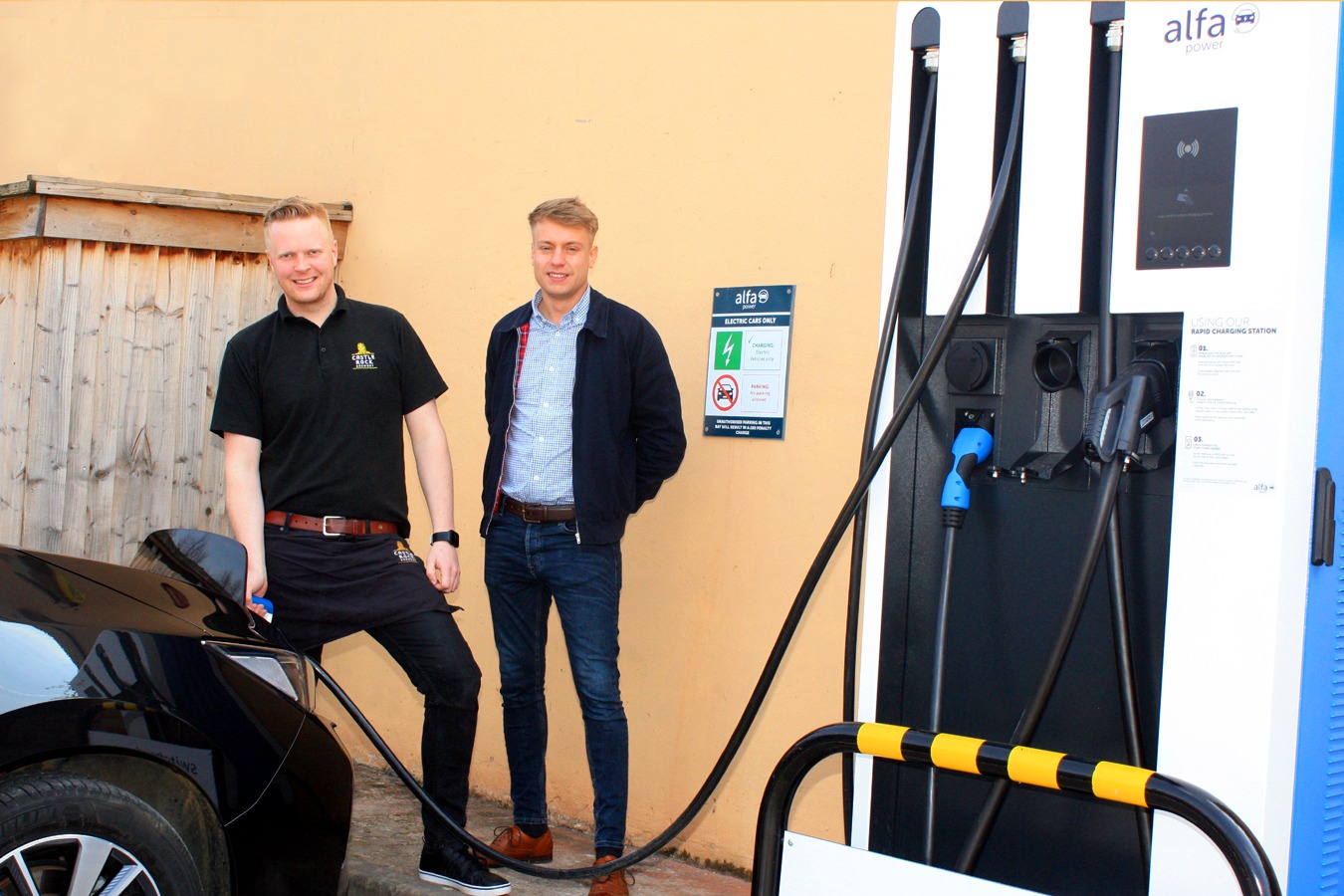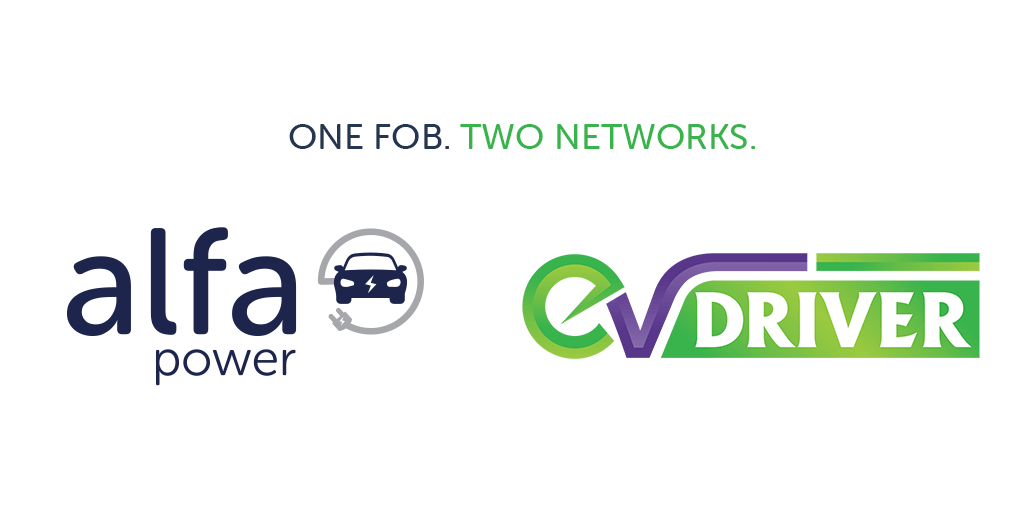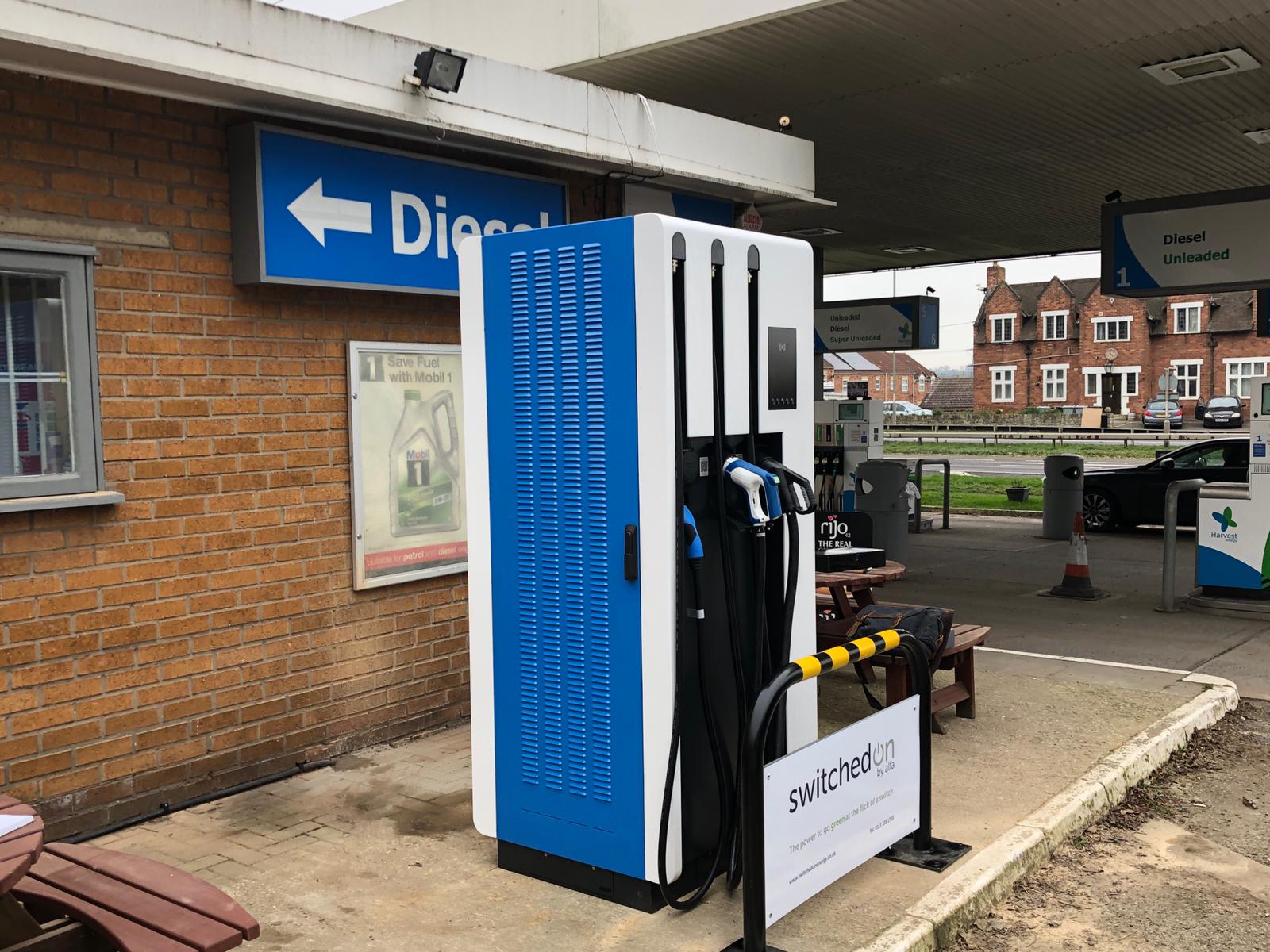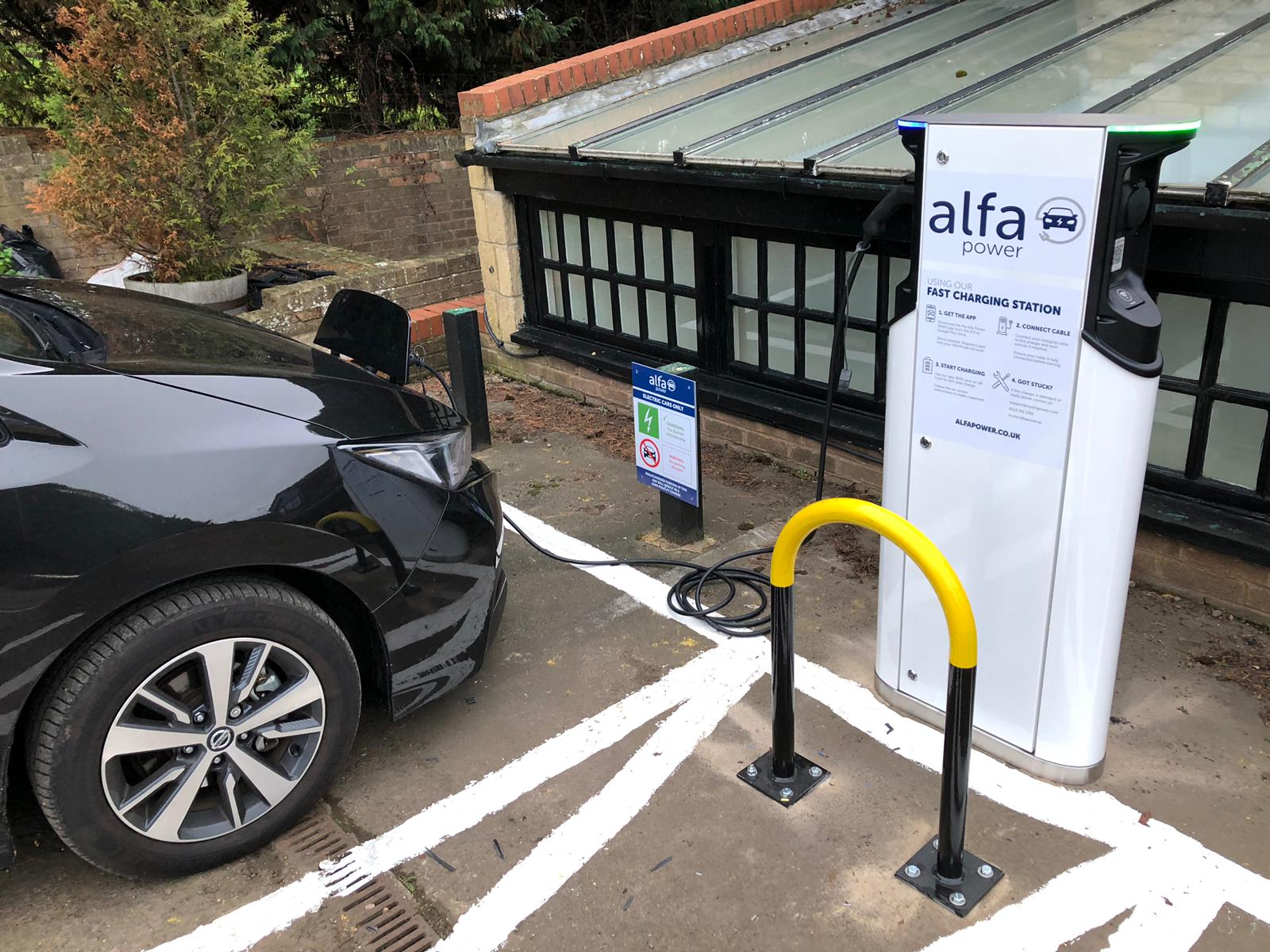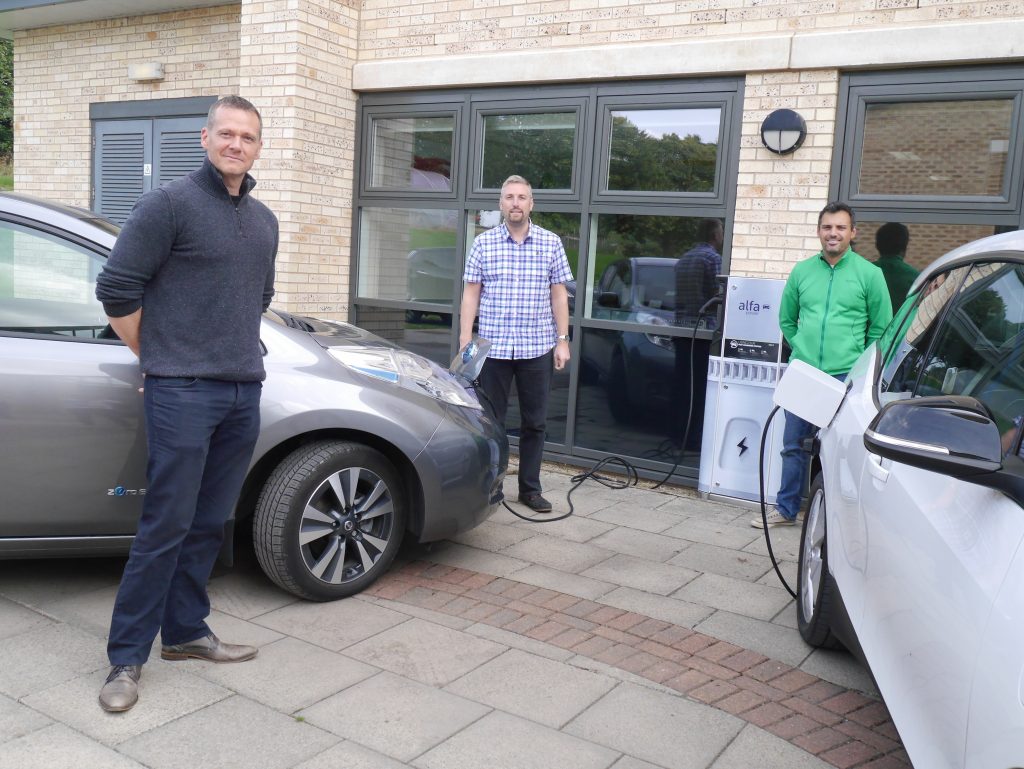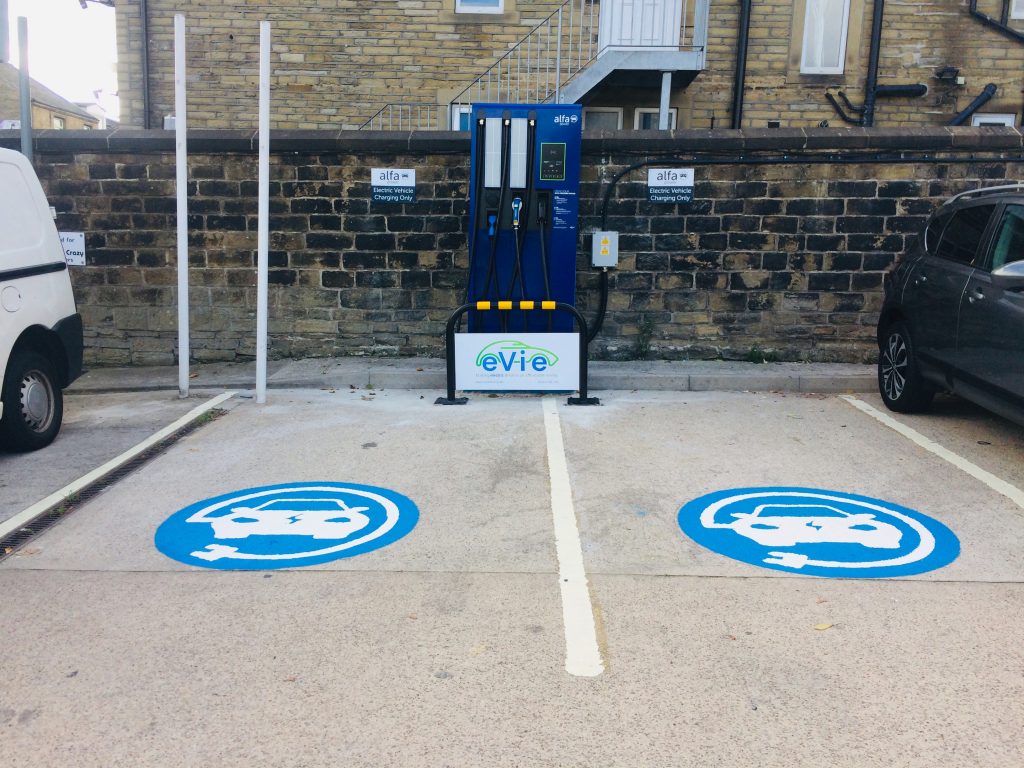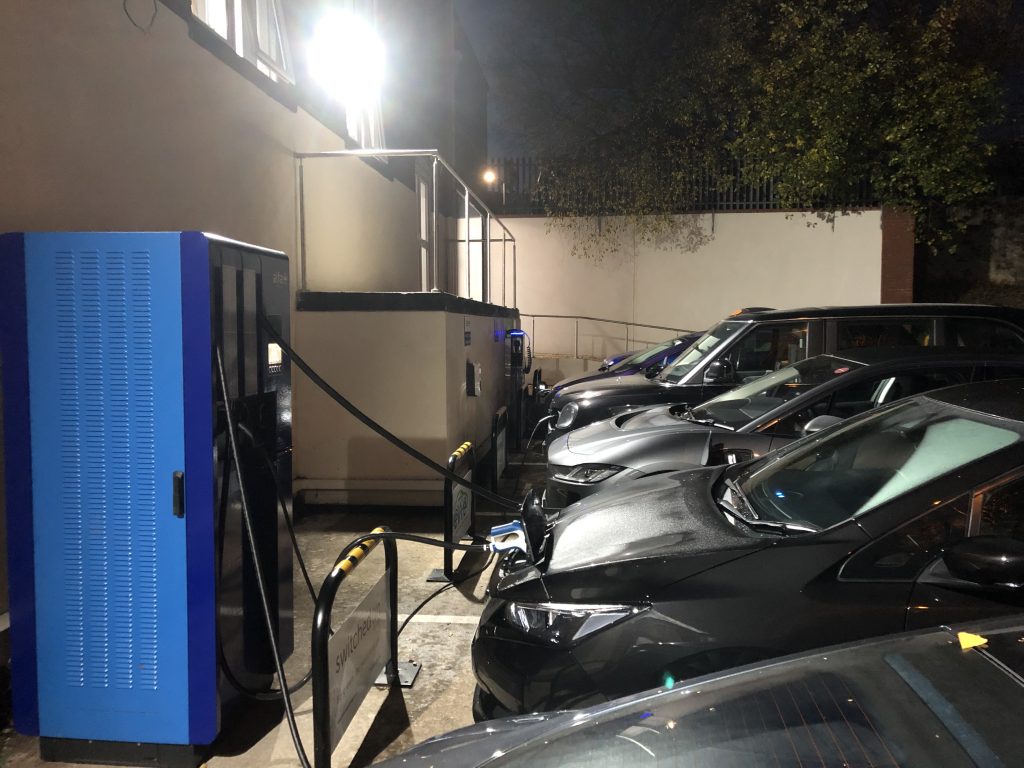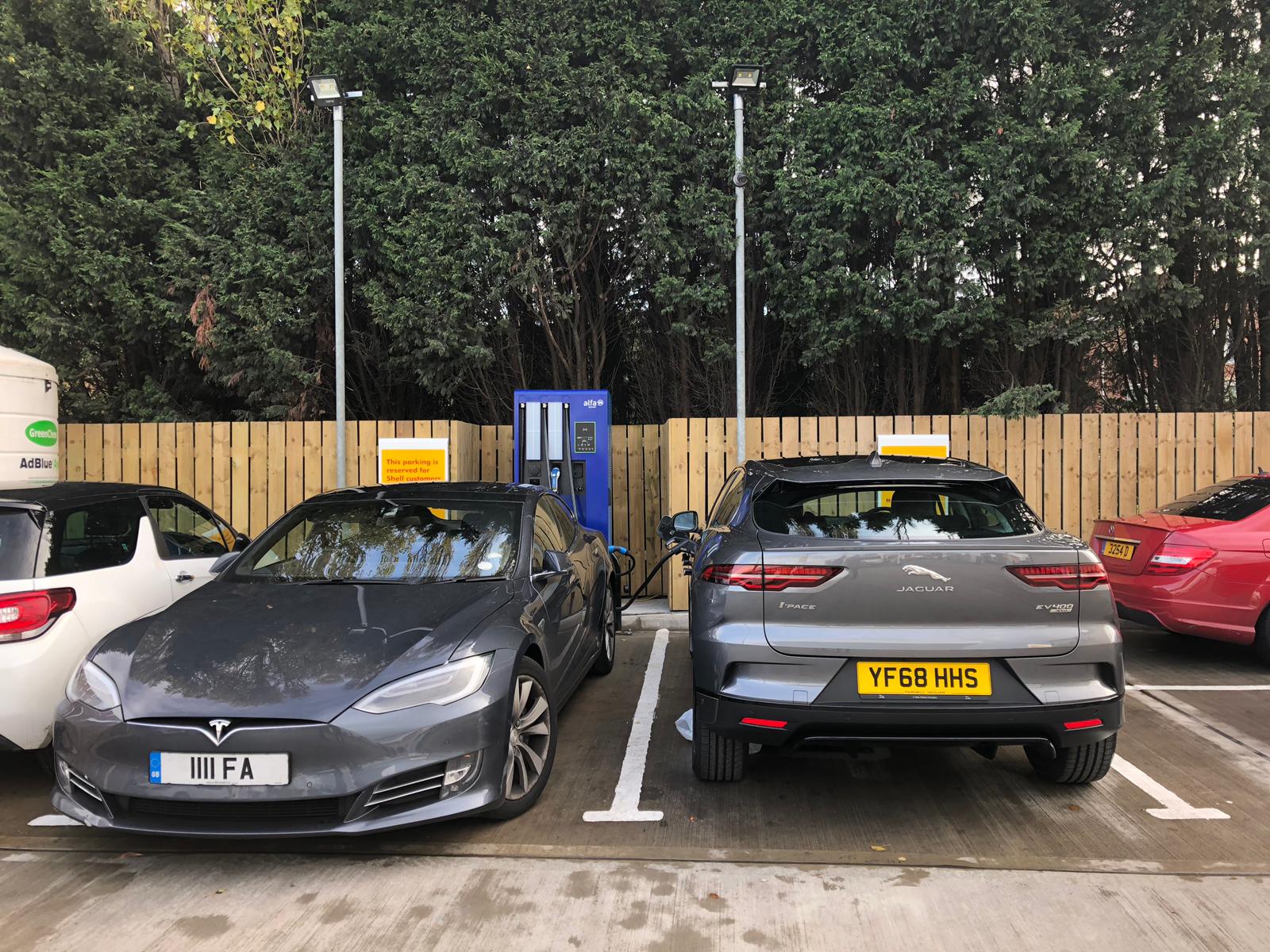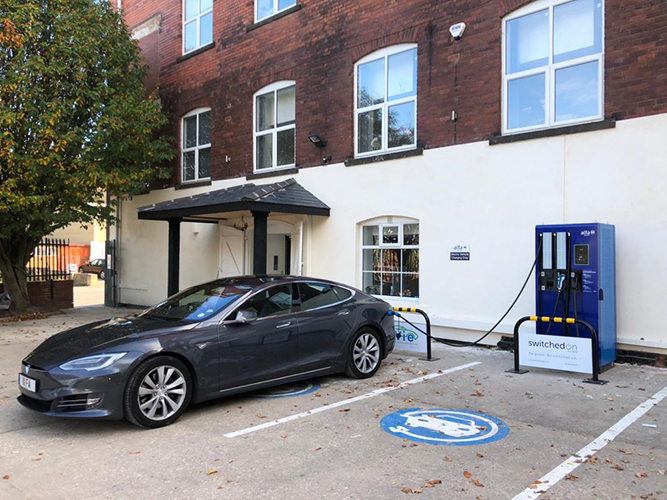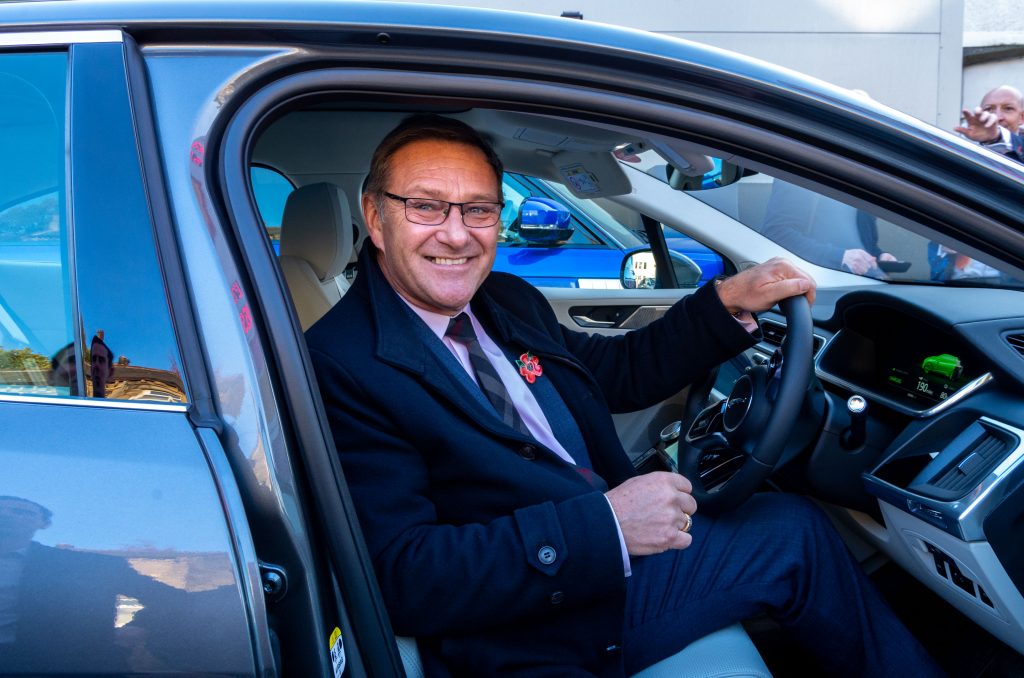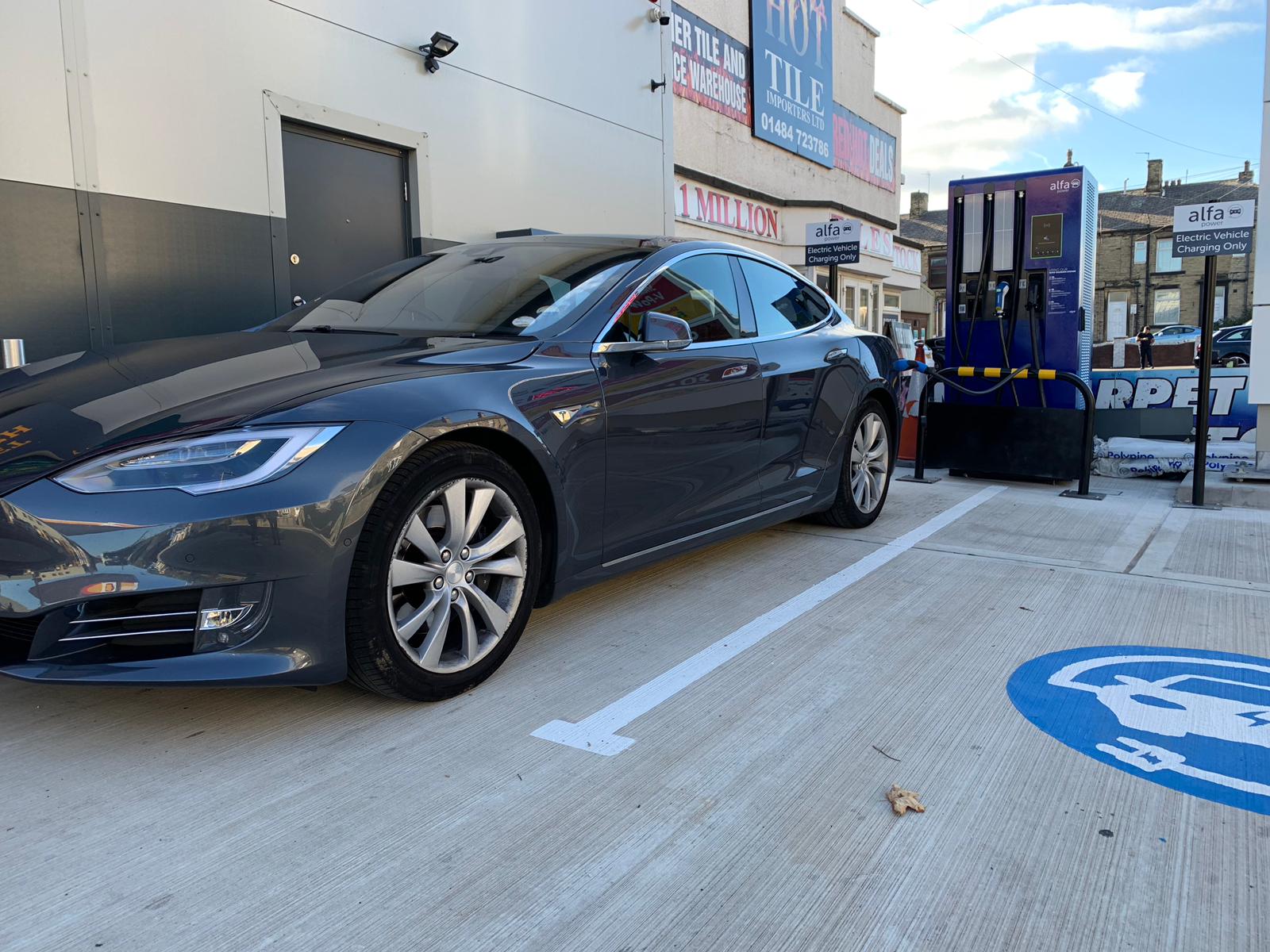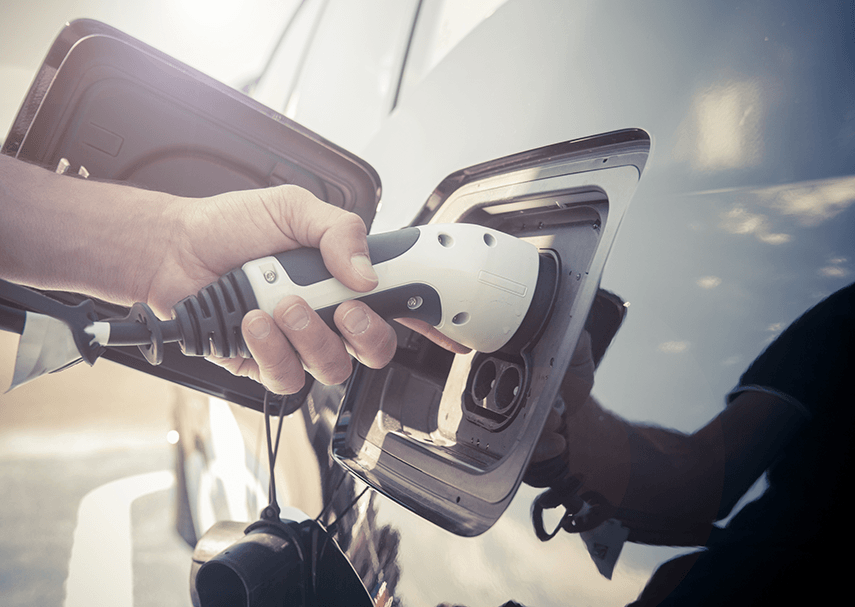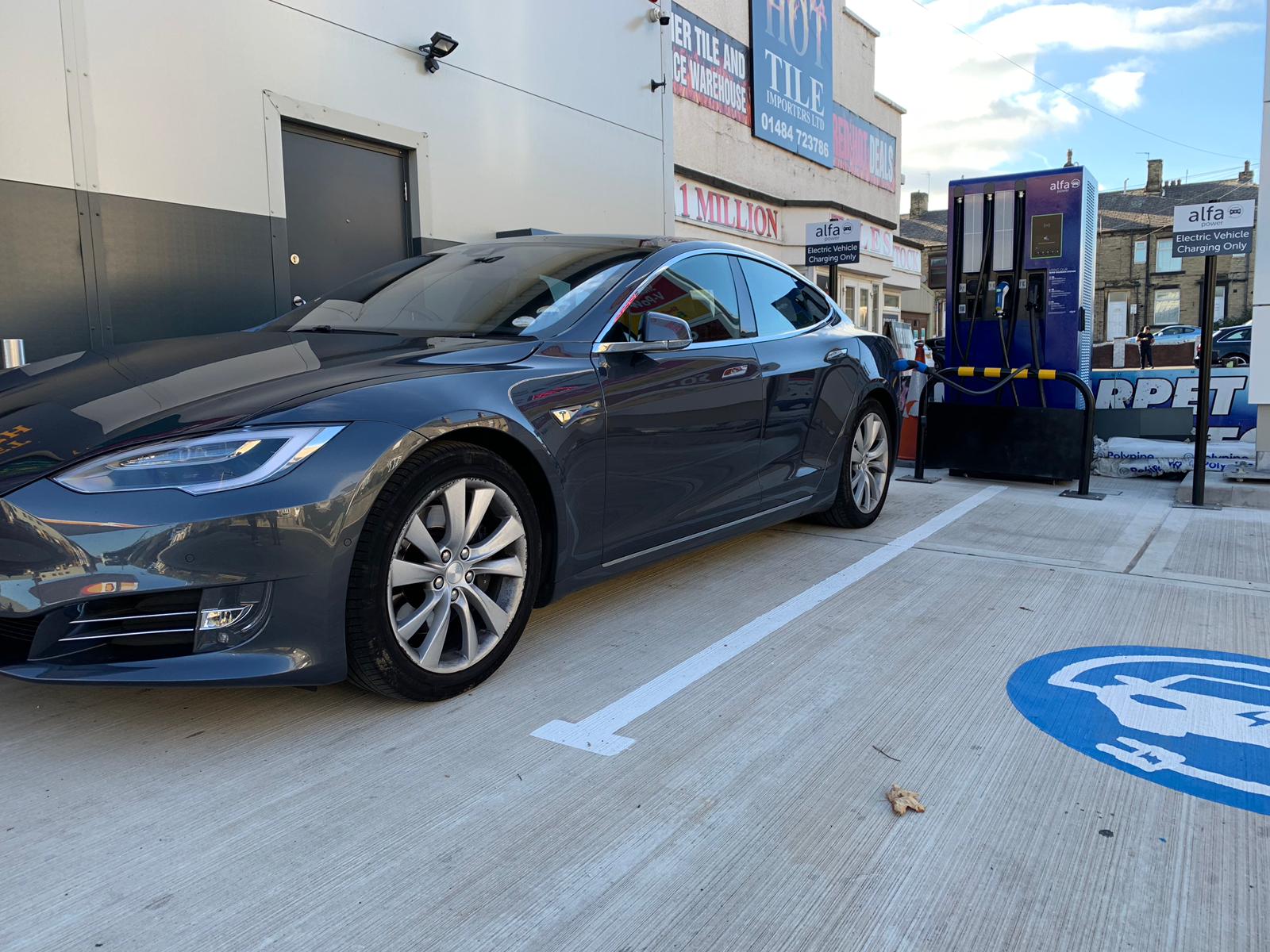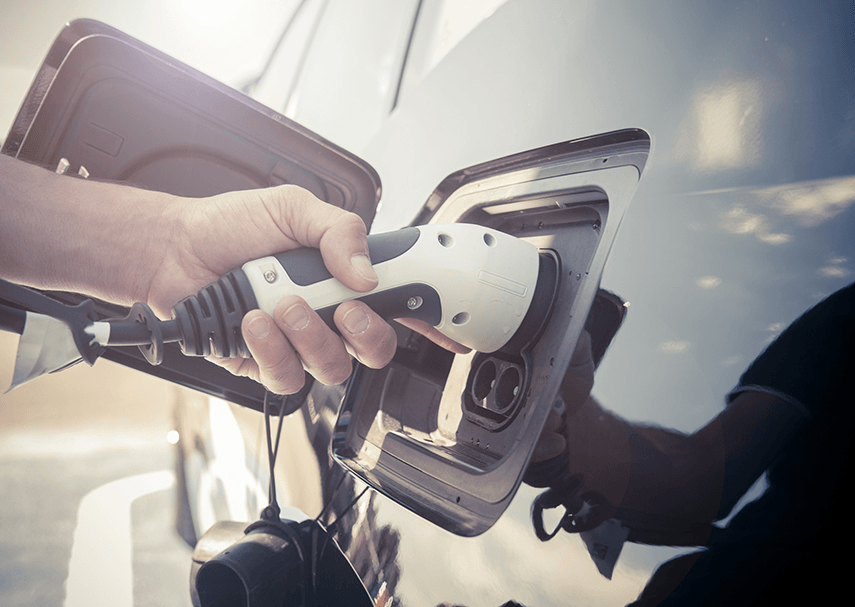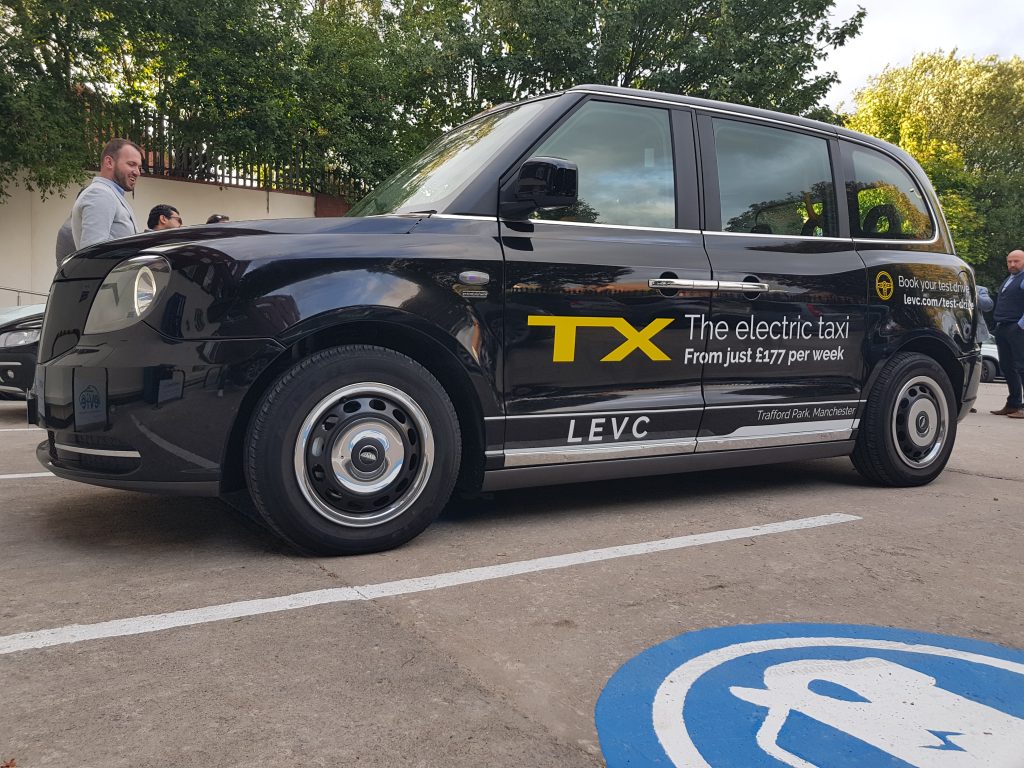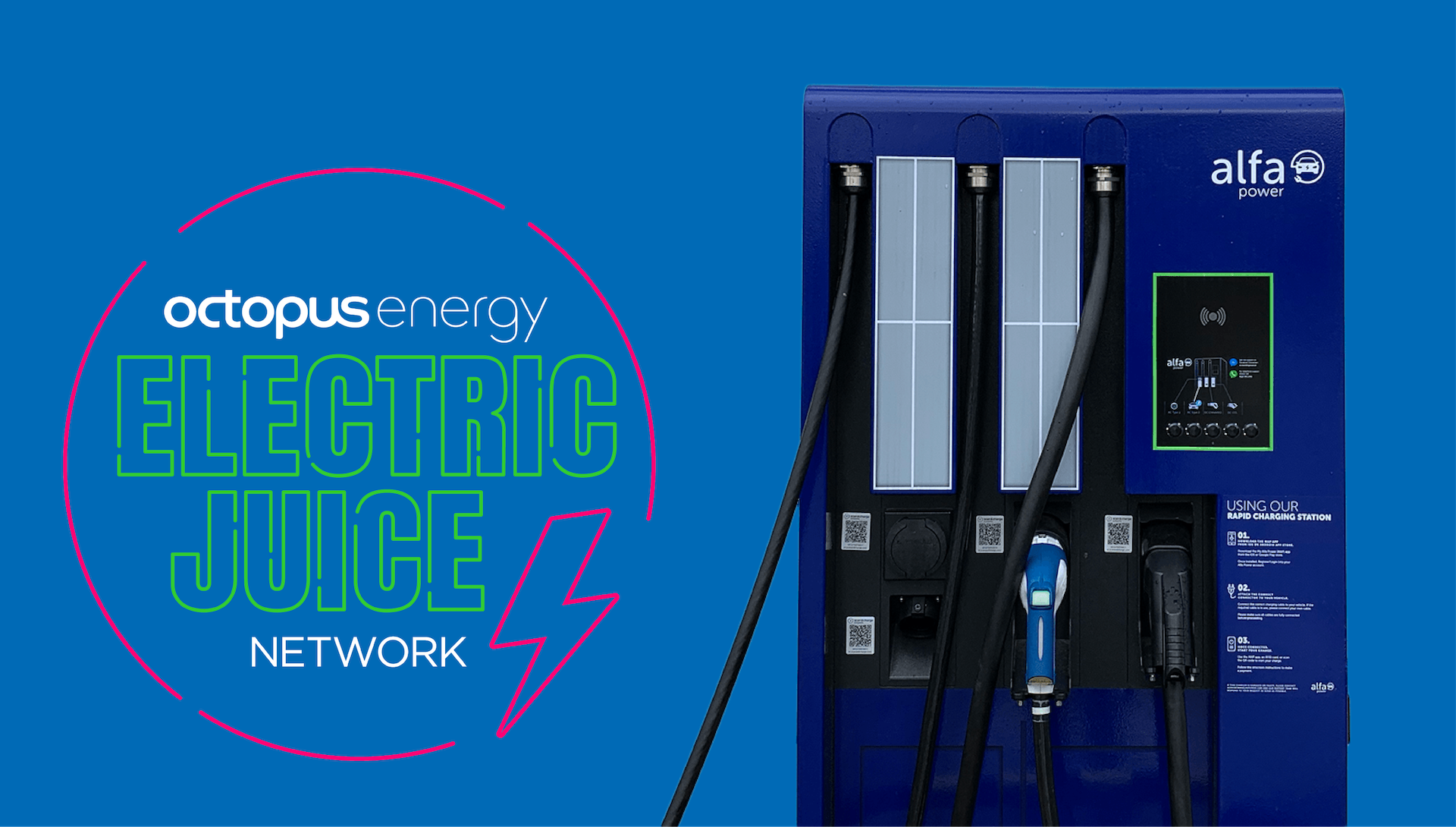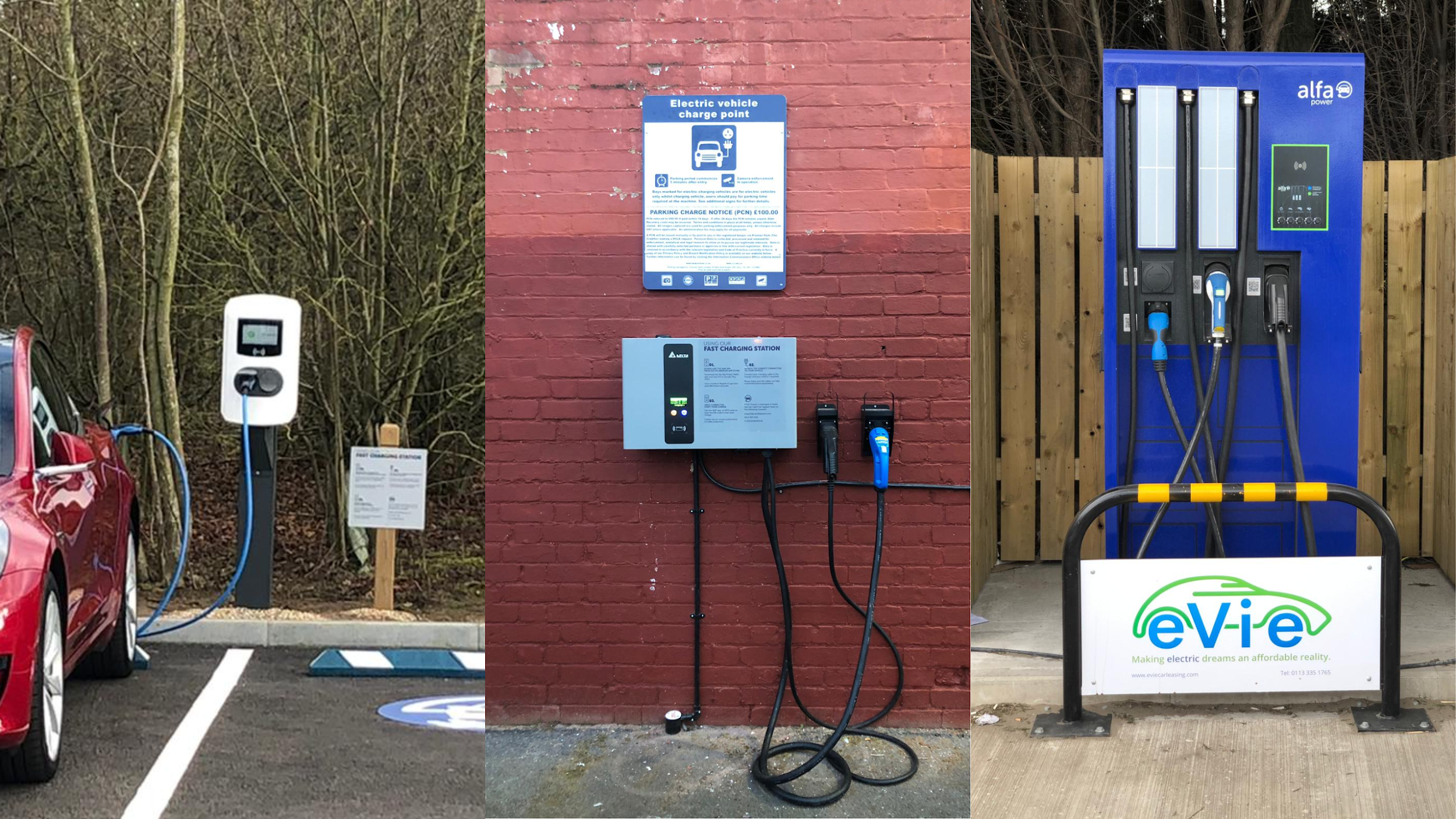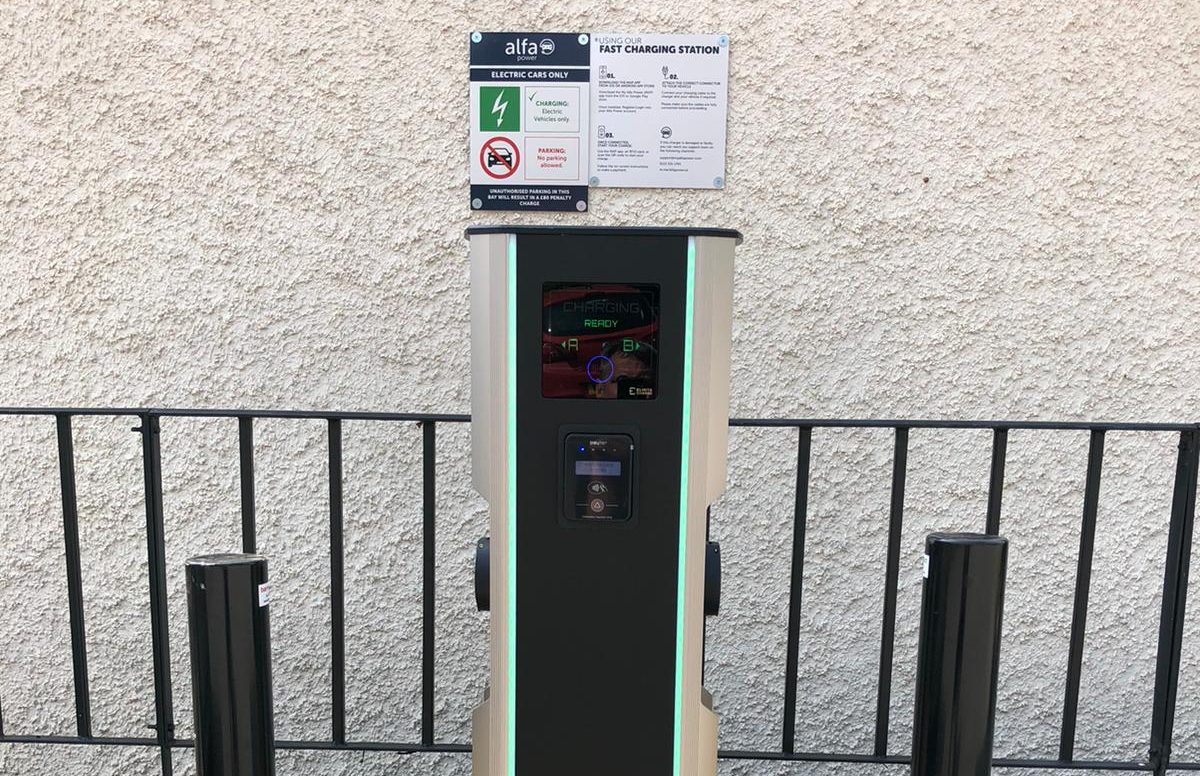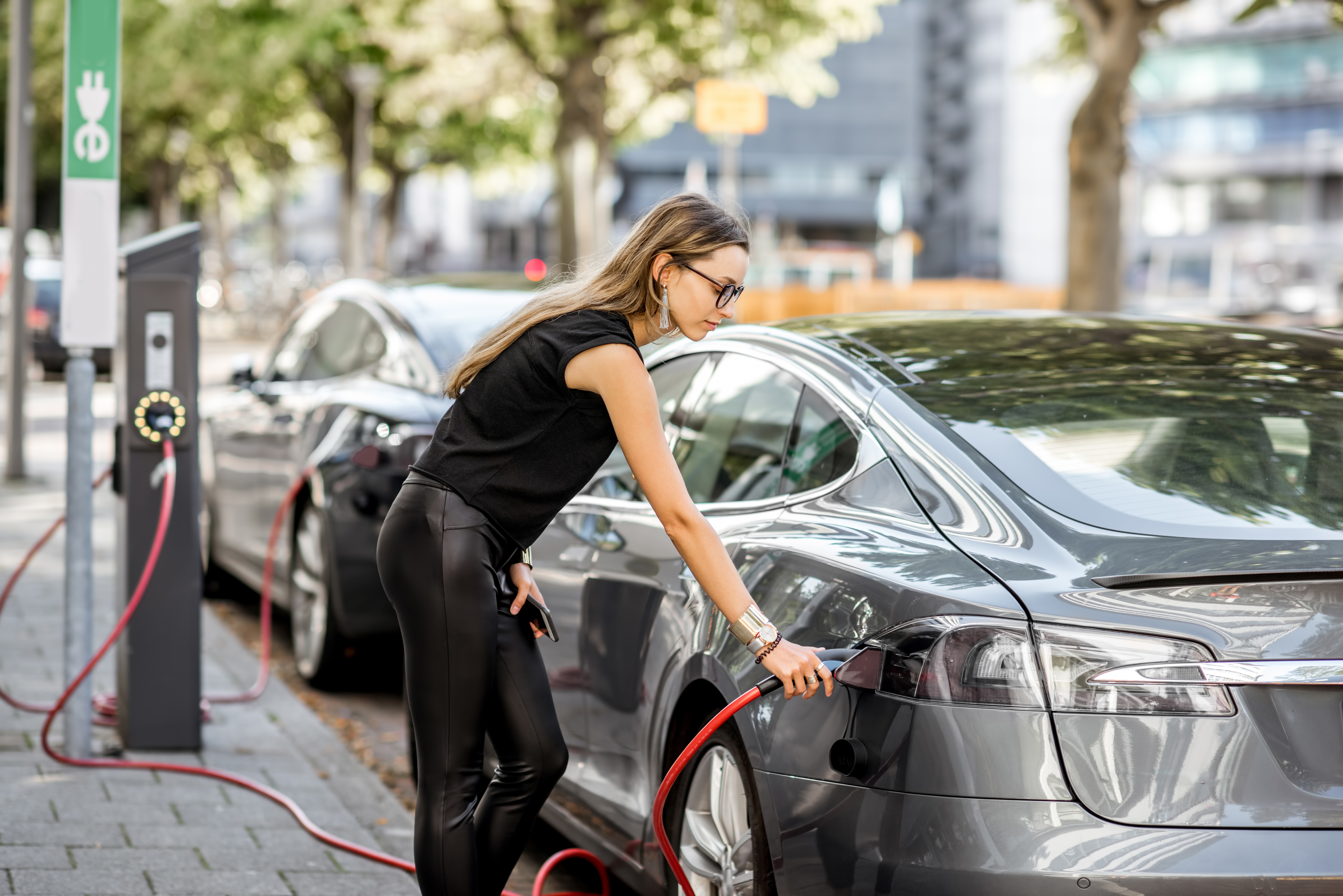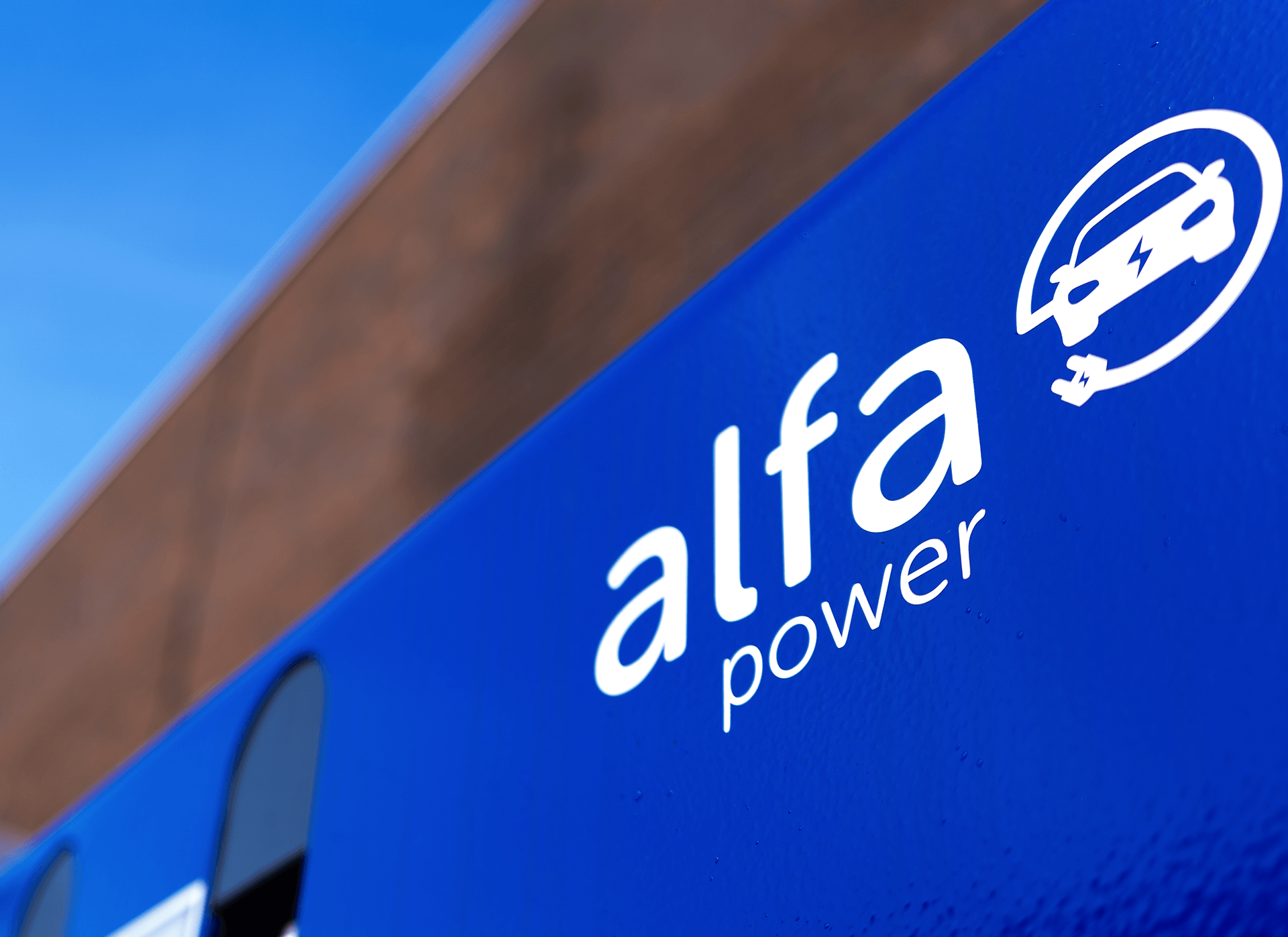Why incentives for taxi drivers aren’t working
04th August 2019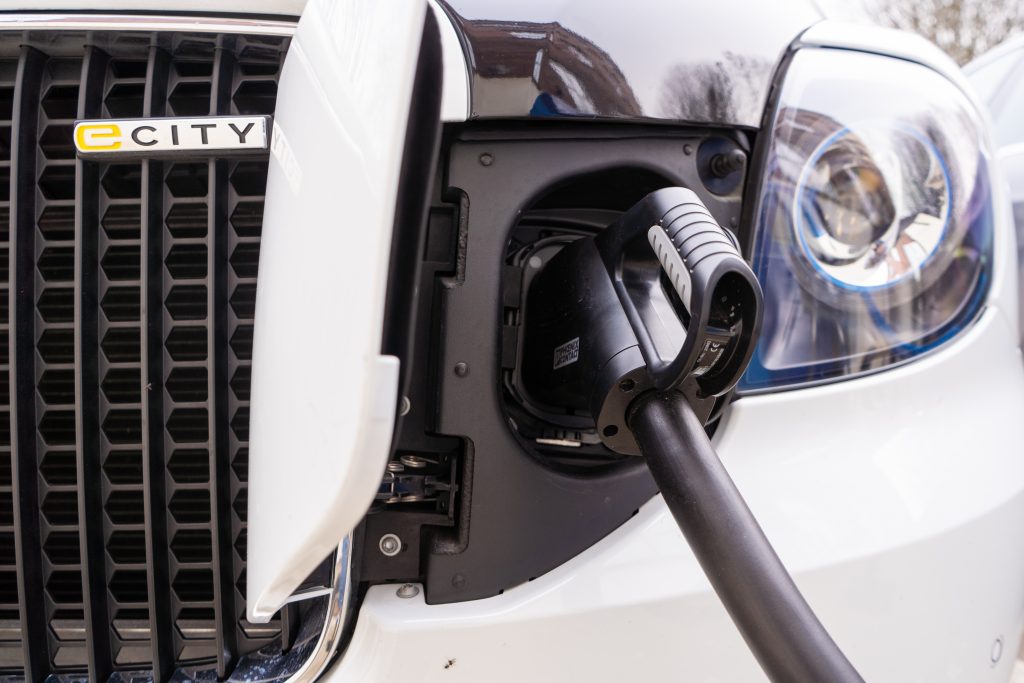
We have made a point of bringing up the subject of electric vehicles whenever we meet a taxi/private hire driver. Why? Because, as EV drivers, we have experienced the benefits and want to share that with others we feel would benefit.
When we spoke to the taxi drivers about buying an EV, only a handful was open to the idea. The overwhelming majority are still not sold on EV — yet. So, why haven’t they bought into the idea? Well, there are several reasons — the main one being the price. Other reasons include; the cost of insurance, lack of charging infrastructure, range and charging times.
Some of the reasons I have heard are fairly well-grounded, while others come from a lack of basic EV education.
In terms of future EV growth, taxi drivers are undoubtedly a significant market — one that needs to be heavily incentivised and educated on the benefit of EV’s.
There were over 285,000 licensed taxi and private hire vehicles in 2017. If we could convert all those licensed vehicles to EV, it would work wonders for the EV industry. The demand for new EV’s, new charging infrastructure, and new home chargers would help the industry grow. Taxi drivers would become EV evangelists, spreading the good word to family, friends, and passengers alike. Sadly, uptake among taxi drivers seems to be slow.
The main barrier to entry for many of the taxi drivers we have spoken to appears to come from a perceived lack of incentives. While there are numerous incentives available for those who want to buy a new EV, the question is, are they sufficient enough to persuade most taxi drivers?
The plug-in taxi grant gives taxi drivers up to £7,500 off the price of a new vehicle. Such a sum is not an amount to which anyone would turn up their nose. But, when most new EV’s are £30k+, such a saving does little to sway opinion with taxi drivers in many areas of the country.
One driver told us, “I’m driving in the city six days a week. I’m paying over the odds for insurance. How can I justify buying such an expensive vehicle? As much as I would like one, the odds of me having an accident that isn’t my fault are high. If the car takes a knock, I lose — big time.”
This is a fair point. The second-hand EV market doesn’t yet lend itself to many taxi drivers, with range and price being sticking points for many. With new vehicles out of the question, many will instead opt for a hybrid car.
Insurance companies have recently been accused of increasing premiums for EV drivers. Taxi drivers already paying over the odds for insurance on an ICE (Internal Combustion Engine) car, so why would they even consider an EV right now?
Other incentives, such as the Electric Vehicle Homecharge Scheme (EVHS), offer up to 75% off the cost of electric vehicle home chargers. Scottish taxi drivers are eligible for a 0% APR loan of up to £120,000 to purchase a low emission hackney carriage too. Low Carbon Workspaces has also made business grants available via the European Regional Development Fund (ERDF). Grants of up to £5000, aimed at making energy efficiency improvements, are available in Buckinghamshire, Hertfordshire, and the Black County.
While such incentives are helpful to some, most taxi drivers are generally self-employed and operating their businesses in the most cost-effective manner possible. This means a brand-new car is typically out of the question. Most drivers will opt for meeting the minimum legal vehicle requirements, and the current incentives offered are unlikely to sway the average taxi driver.
Unfortunately, it seems we will have to wait a few years before EV uptake among taxi drivers skyrockets. Perhaps, when the second-hand EV market grows, offering vehicles with a more significant range than a 24kWh Leaf, at affordable prices, we will see this change. Until then, we can only point the finger at those stifling growth, such as vehicle manufacturers and insurance companies.
As a charge point operator, we want to help, and as such we are offering a 15% discount to all taxi drivers who register with us. We are also working on events aimed at educating taxi drivers about the benefits of EV, which we hope to run in the near future.
More Recent News
